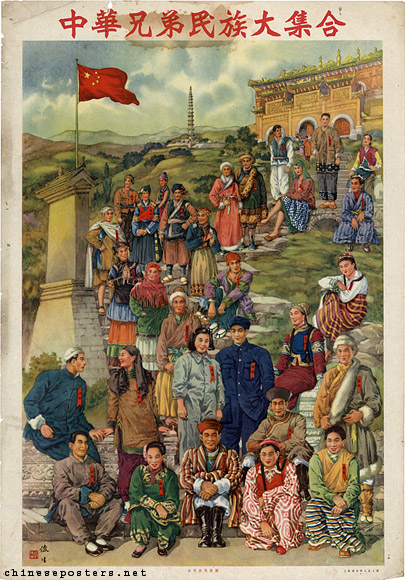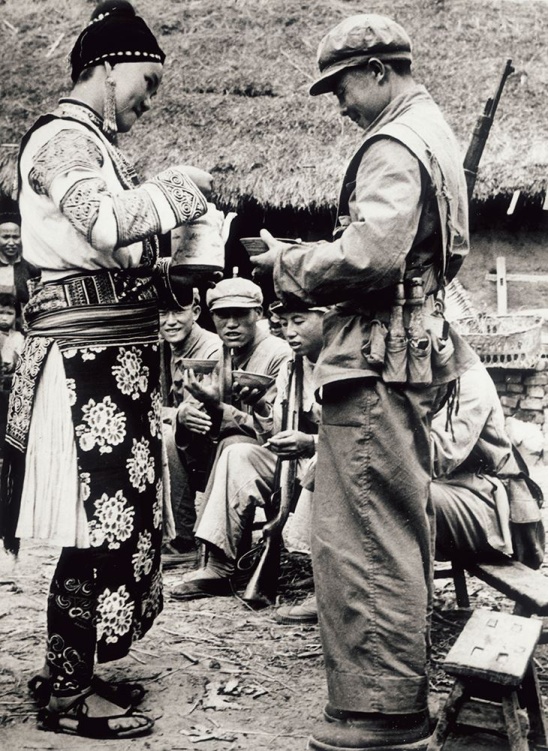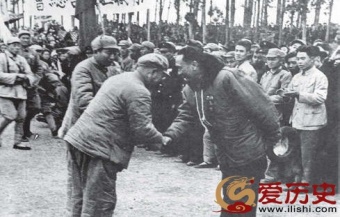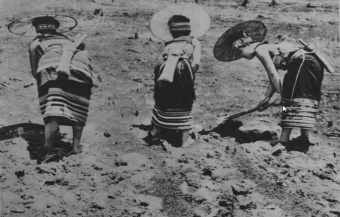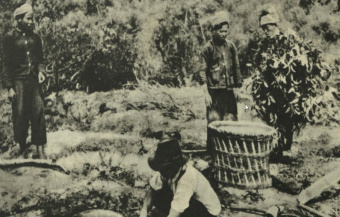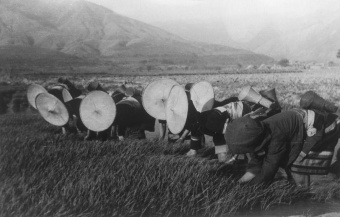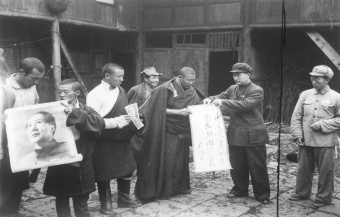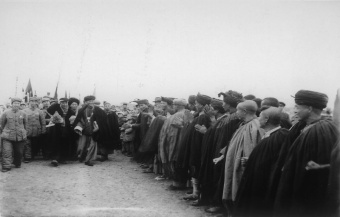Before 1949, the Chinese approach to minorities can be characterized as follows: The state pursued two conflicting frontier policies towards non-Han ethnic groups, involving both cultural and military aspects. Primarily, the state aimed to "cherish" and "assimilate" frontier peoples through educational and moral guidance. Simultaneously, a "hands-off" approach was maintained to uphold the distinction between the Han Chinese (xia) and the non-Han (yi) peoples. However, in cases where non-Han groups resisted assimilation or posed a significant threat, the state resorted to military actions either to integrate them forcefully into the Chinese political realm or to defend against their incursions into the central plains. This perspective has shaped the approach to minority policies over the years. For reasons of defense, economic and social stability, and national pride, the current government placed significant emphasis on securing the loyalty of minority groups and bringing them under Chinese authority.
The CCP implemented this policy in 1944 in Yan'an, with the founding of the United Front Work Department. One of the tasks of this party organ was implementing minority policy. This department developed strategies for minority work.
On October 19, 1949, the State Ethnic Affairs Commission was established. Its role was to supervise and inspect all operations of the minority policy. The commission reported directly to the GAC. Li Weihan was also the chairman of this commission. (Li was assisted by three deputy chairmen, all from different ethnic groups
State propaganda in China during the early Communist era encouraged migration, for example, to Inner Mongolia as part of national construction and reunification, promising migrants the opportunity to settle and participate in restoring peaceful relations between the Han and Mongolian peoples. These campaigns combined socialist modernist ideals with sentimental references to ancient Han traditions, such as sending Han women to marry Mongolian tribesmen.
Mao's statement that "women hold up half the sky" underscored the need to mobilize women's labor for national construction. The recruitment of women was driven by a reproductive agenda to solidify territorial claims beyond the Great Wall by encouraging interethnic marriages. Additionally, women were enlisted as soldiers, teachers, doctors, laborers, and farmers to "liberate" and develop the northern frontier. There was also a concern that a male-dominated Han population on the frontier would be unsustainable, leading to the recruitment of Han women from eastern China to marry soldiers in party-arranged unions.
Details of the policy towards minorities are elaborated in
"...nobody seems to mind if Mongol men take a Han wife, but residents frown upon ‘losing their women’ to the Han, even if the couple remains in the village.” Conversely, Han male contacts casually expressed the view that a Han man marrying a Mongolian woman was positive because he would get a spirited and healthy wife, while a Han woman marrying a Mongolian was potentially endangered by his wild masculinity. But in most cases, such commentators were quick to point out that a Han woman would have a positive influence on her Mongolian husband, and was thereby serving the nation, just as the ancient imperial brides had." Page 92
